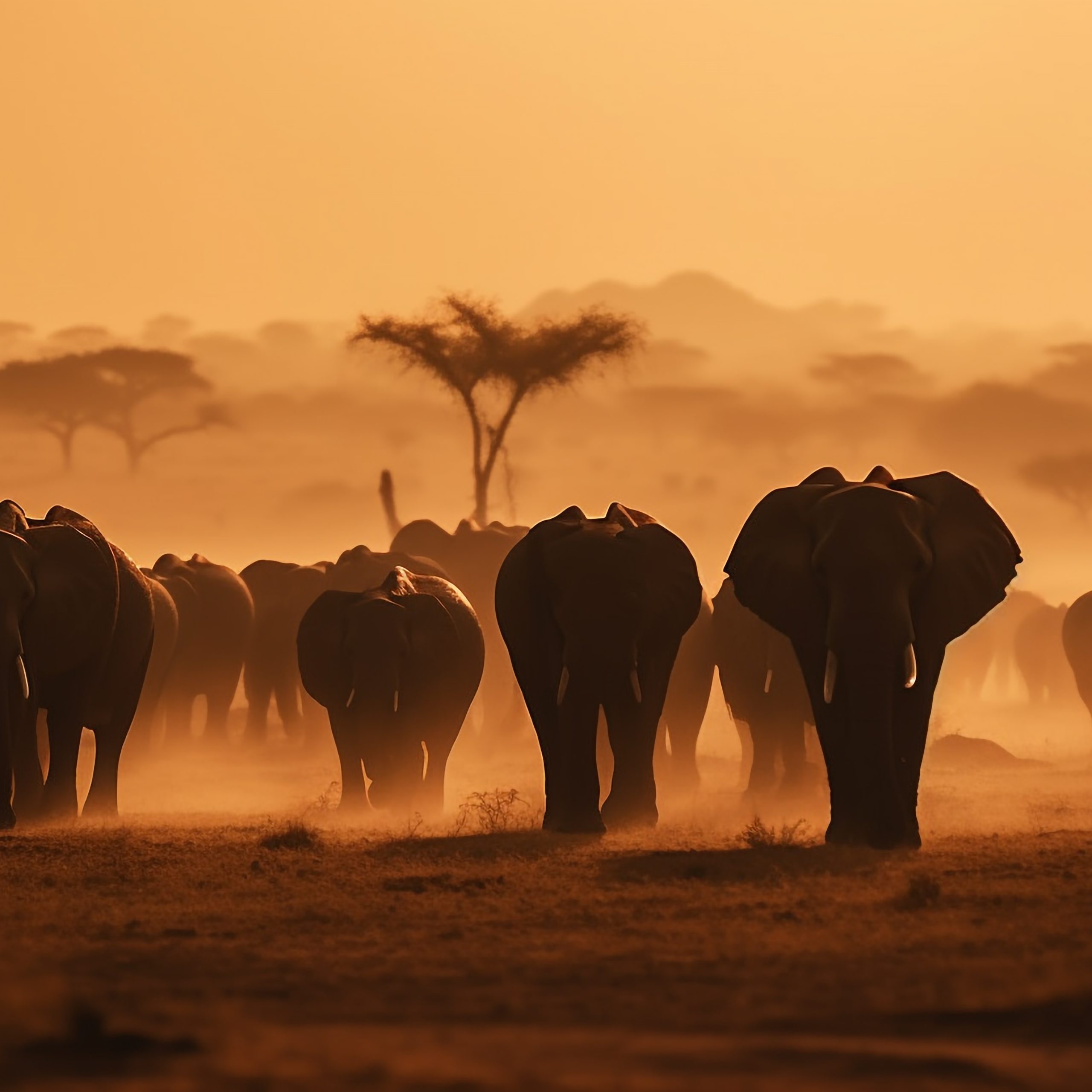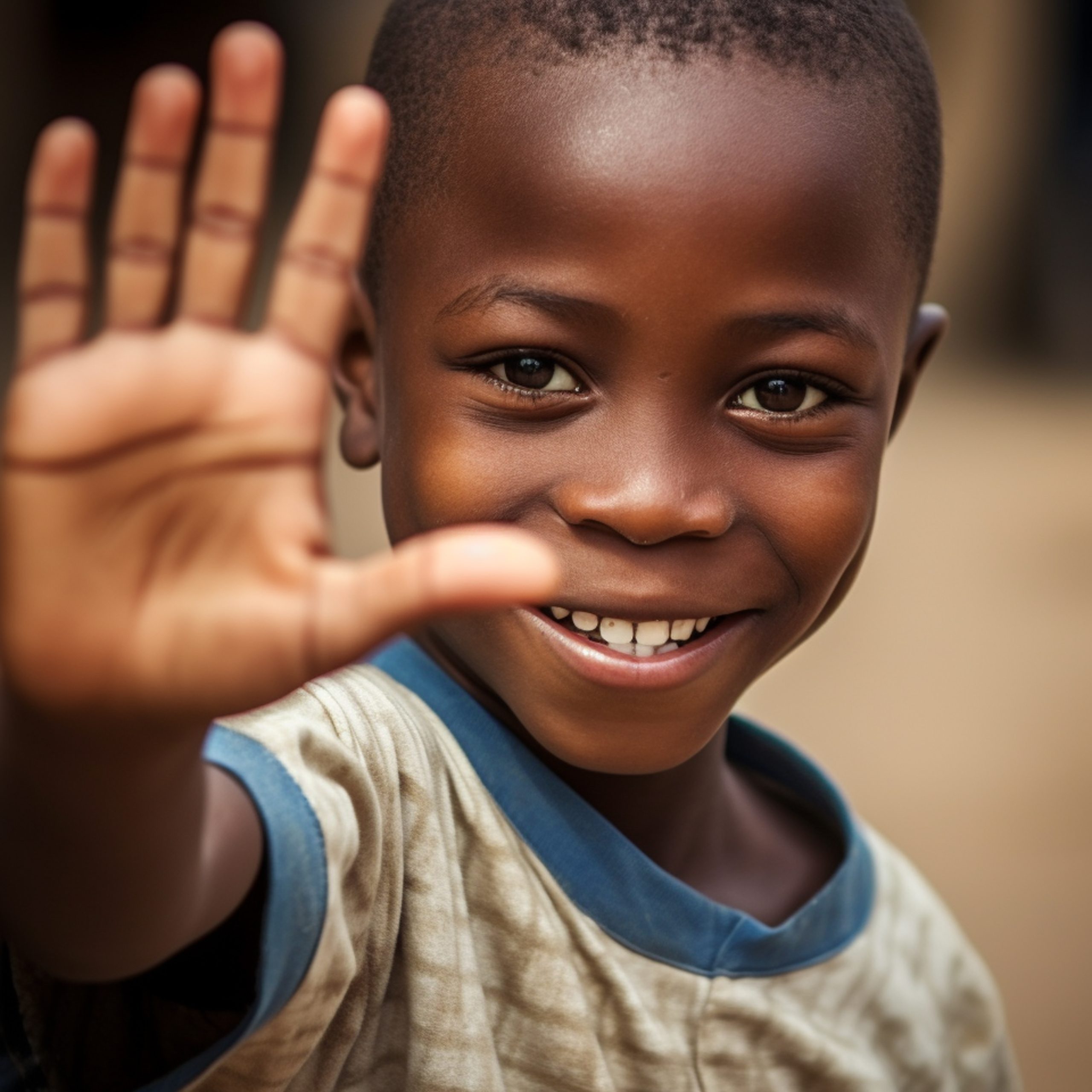DRC’S LOW DIGITAL PENETRATION AND THE DANGER OF ARTIFICIAL INTELLIGENCE ON THE POPULATION
By Eunicia Lutete updated on May 21, 2024
Artificial intelligence (AI) has become the hottest topic as the world rapidly transitions into a more digital era. While AI promises to make people’s lives easier, it comes with a mix of positive impacts and significant challenges. This article focuses on Africa, with a case study of the Democratic Republic of the Congo (DRC), where only 27% of the population has internet access. In the DRC, AI risks widening the gap between rich and poor, especially as the educational system struggles to equip people with basic digital skills. According to Statistica, AI adoption in Africa is limited, with only a few exceptions like South Africa, Nigeria, Ethiopia, Kenya, Zimbabwe, Togo, Libya, and Ghana actively adopting AI. Many African nations lack the essential elements for technology adoption, including infrastructure, data ecosystems, STEM education, and governance systems such as the DRC.
Africa, the youngest continent, pulsates with potential and natural resources, with the DRC standing out due to its vast mineral wealth. As the DRC opens its doors to global engagement, it encounters the transformative power of AI amidst significant challenges, such as low digital penetration and cybersecurity concerns. While urban centers in Africa are witnessing rapid digitalization, many rural areas still lack consistent internet connectivity and power supply. The human capital, though burgeoning with enthusiasm for technology, requires specialised training in AI-driven statistical methods. This article delves into the implications of AI adoption in the DRC, discussing both the hurdles and opportunities.
On a global scale, Artificial Intelligence market size is expected to show an annual growth rate (of 28.46%, resulting in a market volume of US$826.70bn by 2030 (Statistica 2024). While looking at the market comparison, the largest market size will be in the United States with approximately US$50.16bn in 2024 and still counting. Due to the rising demand for generative AI products could add about $280 billion of new software revenue, driven by specialised assistants, new infrastructure products, and copilots that accelerate coding (Bloomberg 2024).
With just 27% internet penetration, the DRC faces foundational digital infrastructural challenges. In an era marked by technological evolution, AI emerges as a pivotal tool for societal progress, economic growth, and governance efficiency. However, integrating AI requires a nuanced understanding of privacy concerns and cybersecurity imperatives. The low literacy rate in the DRC exacerbates fears that AI could dominate the country, particularly if people lack the basic skills required to use AI effectively. The AI market is expected to continue to experience significant growth and development until 2030, driven by increasing adoption of AI technologies across industries, advancements in AI algorithms and infrastructure, and growing investment in AI research and development. The market is expected to see continued innovation and expansion, with AI becoming an increasingly integral part of business operations and consumer-facing applications.
In addition, Mandeep Singh, Senior Technology Analyst at Bloomberg Intelligence and lead author of the report of Generative AI to Become a $1.3 Trillion Market by 2032, Research Finds said, “The world is poised to see an explosion of growth in the generative AI sector over the next ten years that promises to fundamentally change the way the technology sector operates. The technology is set to become an increasingly essential part of IT spending, ad spending, and cybersecurity as it develops” (Bloomberg 2024).
Education is crucial for better AI implementation, the African region dedicates 5% of GDP to public education expenditure, with international donors financing about 6% of education resources in African countries. UNESCO’s 2015 Education for All Global Monitoring Report (GMR) highlights a $21 billion annual external funding gap needed to achieve quality, universal pre-primary, primary, and lower secondary education by 2030. Jeffrey Sachs (2015) estimates this gap at $40 billion when including universal secondary education with access to ICT.
Many talented individuals in the DRC are eager for better education opportunities within their country to help address its AI penetration challenges. However, foundational skills must be taught from primary school through to university. While AI can be a powerful enabler, it can also become a disabler by making people dependent on vast amounts of information without understanding where to start. AI presents a great opportunity for all, but it must be introduced carefully in countries like the DRC, where the education system is still developing, despite the many talented individuals it produces.
While AI has the potential to simplify lives, there must be a robust structure in place to ensure the population acquires basic digital skills. Without this foundation, AI could exacerbate existing inequalities, deepening the divide between the rich and the poor. Ensuring that AI does not replace human connection is essential to prevent further social stratification. While technological progress promotes employment growth, it will “also harm full employment, leading to a dilemma in macroeconomic policies” (Yang, 2020). The fear of AI has increased the fear of losing jobs in a market that already had a high unemployment rate
The DRC stands at a critical juncture, where the integration of AI could either drive significant progress or exacerbate the divide between its wealthy and impoverished populations. To leverage AI’s benefits, the DRC must focus on improving digital literacy, developing robust data infrastructure, formulating effective policies, and securing adequate funding. Addressing these foundational issues will allow the DRC to maximise AI’s positive impact and ensure a more equitable and prosperous future for all its citizens.
AI technology influences various aspects of life and production, bringing numerous advantages to society. However, it also has the potential to widen the gap between the rich and the poor. For individuals, the advancement of AI technology often leads to the displacement of many jobs, particularly those relying on low-skilled labor, resulting in unemployment and increased poverty. Conversely, AI has given rise to new professions, enabling highly skilled individuals to become wealthier. For companies, AI offers a dual impact. Large companies with AI capabilities can produce high-tech products more efficiently, reducing the need for extensive human and material resources, and thereby achieving substantial revenue. In contrast, smaller companies lacking technological advantages must rely on outdated production methods, resulting in lower efficiency, poorer product quality, and reduced revenue, alongside high labour costs. At the national level, AI can deepen the divide between the wealthy and the poor, potentially increasing the country’s Gini coefficient which is an index for the degree of inequality in the distribution of income/wealth, used to estimate how far a country’s wealth or income distribution deviates from an equal distribution. Therefore, it can be concluded that AI has the potential to widen economic disparities, making the 21st century one of the most unequal eras in terms of wealth distribution.



